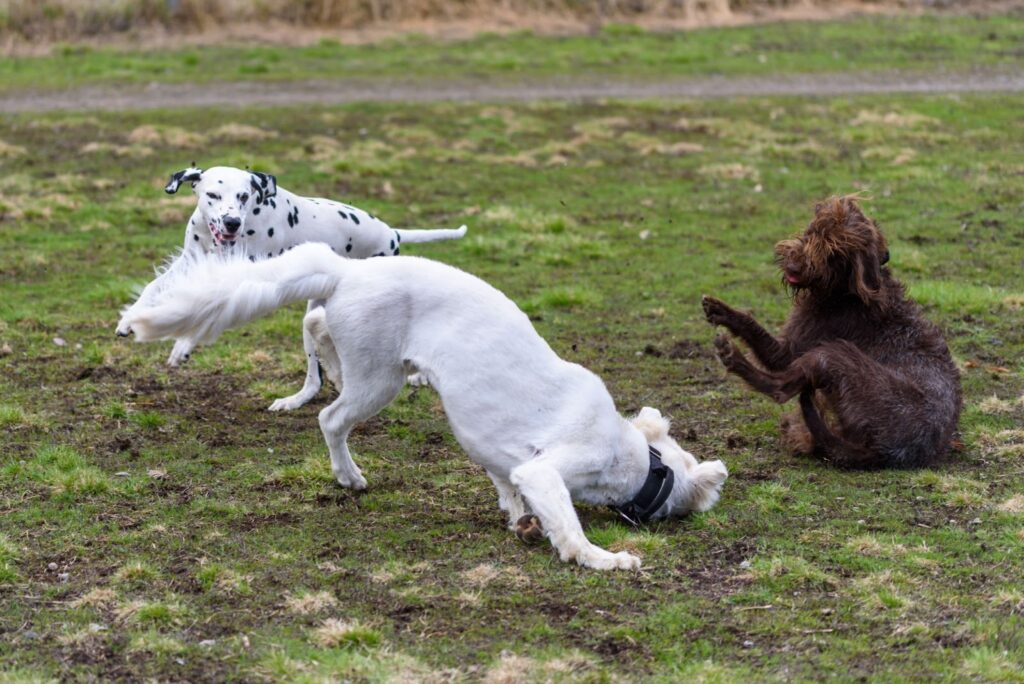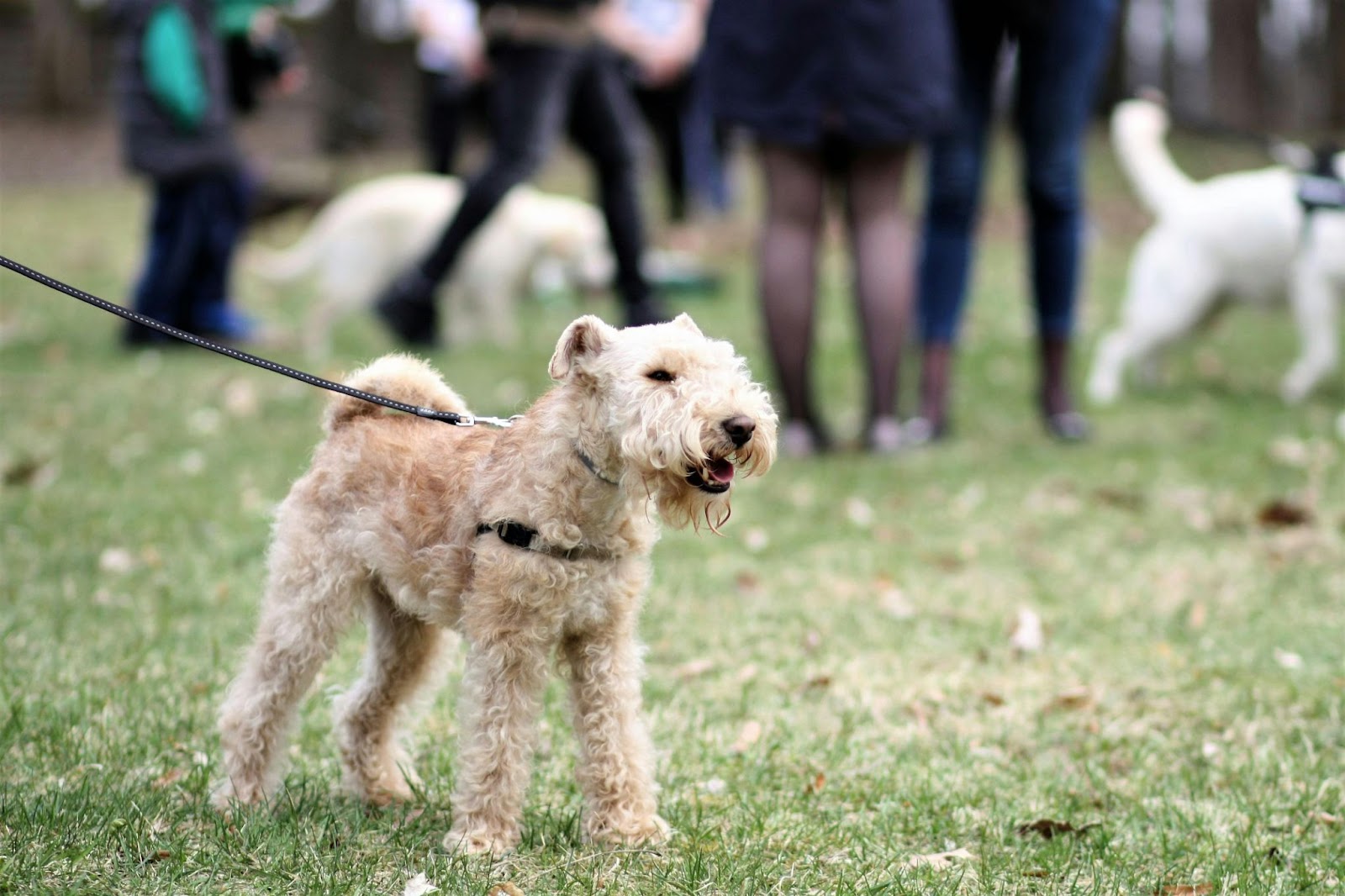As a dog owner, chances are you’ve heard your vet’s concerns about the parvovirus, or Parvo. This virus is one of the most formidable threats to canine health, causing severe illness and often fatal consequences if not properly addressed. Parvo is highly contagious, targeting rapidly dividing cells to accelerate the virus’s lifecycle. As a companion to our canines, we strive to provide them with a happy and healthy lifestyle, but this highly contagious virus can be very unforgiving. We recommend speaking to a trusted veterinarian about any concerns or questions you may have, enacting preventative care instead of treatment. Understanding the different forms of parvovirus, its transmission, symptoms, and preventative measures is a crucial step for any dog owner, so take action today!
As trusted local experts, our Sinton Vet Clinic team is dedicated to providing all Sinton dogs with the animal care they need. If you are concerned that your canine companion has been exposed to the parvovirus, do not hesitate to call us! The sooner treatment begins, the higher the chances of survival, so dial (361) 364-4551 ASAP!
What is Parvovirus?
As a severely harmful and contagious virus, parvovirus specifically targets rapidly dividing cells, finding its way into essential organs like the dog’s bone marrow and intestinal lining. They are both vital as bone marrow is responsible for creating and releasing blood cells regularly, and intestinal lining absorbs nutrients and water from what is digested. By targeting both, parvovirus can quickly take over an infected canine’s health, making it a seriously deadly virus.
Within parvovirus, there are two primary forms that can affect dogs, which are:
- Canine Parvovirus Type 1 (CPV-1): Primarily affecting the heart muscles of very young puppies, type one is a very rare strain when compared with type two. This strain can lead to myocarditis and sudden death, making it severe.
- Canine Parvovirus Type 2 (CPV-2): As the most common and most severe form of the virus, type two primarily affects the gastrointestinal tract of dogs. Attacks on this system can lead to severe vomiting, bloody diarrhea, dehydration, and potentially fatal consequences.
If you are concerned that your dog may have encountered an outbreak, do not hesitate to call Sinton Vet Clinic at (361) 364-4551 immediately!
How is Parvovirus Transmitted?
Parvovirus is highly contagious, creating a worrying issue for many dog owners as the virus can easily survive outside of a host for months. Even through the harsh, muggy summers, the virus is happy to wait for an unsuspecting host. The virus spreads through direct contact with an infected canine or through contact with contaminated feces, environments, or objects. If you have a pup with a weakened immune system, including puppies, senior dogs, and a canine suffering from a chronic or non-chronic illness, it is important to remember that your pup is much more susceptible to becoming a host for viruses, especially parvovirus.
Common items like food, bowls, crates, bedding, and collars can be teaming with the virus, easily transmitting parvo to another pup when these items are not properly disinfected. It is important to keep your canine companion safe, checking with other dog owners and caregivers that shared items and environments are completely disinfected before your pup gives them a visit.
If you are worried that your pup is suffering from parvo, do not bring them anywhere. Immediately call your local veterinarian to discuss symptoms, concerns, and a plan of action.

Symptoms to Look For
As we have mentioned, the consequences of parvo can be severe, with transmission and symptoms progressing rapidly. If you are concerned that your pet has been exposed to the virus, look for common signs of parvovirus, such as:
- Often one of the first signs, fevers in infected dogs can develop swiftly
- Lethargy and weakness that will often affect the pet’s personality and habits
- Loss of appetite, including meals and treats
- Abdominal pain or discomfort will often be communicated as different movement to avoid hurting the area more or an audible noise from the pup
- Severe vomiting often stems from the type 2 parvo strain
- Alarming increase in diarrhea, often described as relentless and bloody
- Frequently experienced in conjunction with diarrhea, dehydration can be a great indicator
If you notice any of these symptoms in your beloved canine, give our Sinton Vet Clinic experts a call immediately!
Treatment and Prevention Steps
No matter what, any signs of parvovirus require immediate veterinary attention. Treatment often involves aggressive supportive care in order to manage the dehydration, electrolyte imbalances, and secondary infections consequential to parvo. Frequently, the sick pup will require hospitalization to provide intravenous fluids, antibiotics, anti-nausea medications, and other supportive therapies. It is necessary to speak to your veterinarian as soon as you have a concern about parvovirus as early action will reduce the likelihood of hospitalization.
Prevention is key when it comes to parvovirus. The most effective way to protect dogs from parvovirus is through timely vaccination. Puppies should receive a series of vaccinations starting at around 6-8 weeks of age, with boosters every few weeks until they are around 16 weeks old, at which point their immune systems are strong enough to fend off the virus for longer periods of time. Adult dogs should receive regular booster shots throughout their lives to maintain immunity.
Additionally, practicing good hygiene and avoiding areas where infected dogs may have been can help reduce the risk of exposure. It’s essential to clean and disinfect areas where infected dogs have been and to avoid contact with unknown or sick dogs until their health status is confirmed. While it may be tedious, this caution can protect your canine companion from this awful virus.
Taking Action Against Parvo
Parvovirus poses a serious threat to dogs, especially the young and old, with its ability to wreak havoc on their health and well-being. By recognizing the signs of infection, understanding how the virus spreads, and prioritizing preventative measures, you and your family can greatly reduce your pup’s risk for the virus. Protect your dog from this preventable disease and contact Sinton Vet Clinic immediately if you have any concerns!
At Sinton Vet Clinic, we are committed to safeguarding your dog’s health from threats like parvovirus. If you suspect your dog has been exposed to this highly contagious virus, contact us immediately for expert care. Early intervention is critical, so call (361) 364-4551 without delay to ensure the best possible outcome for your furry friend.





